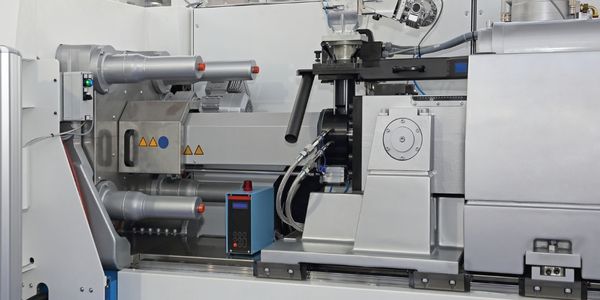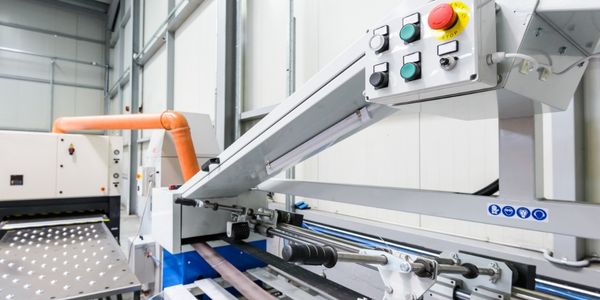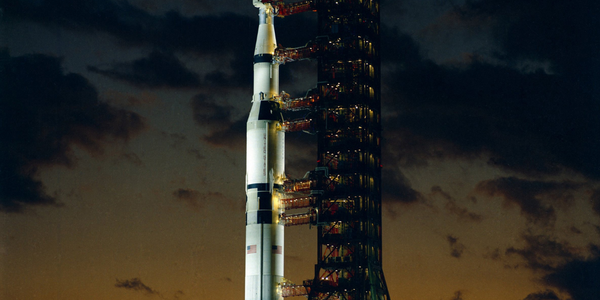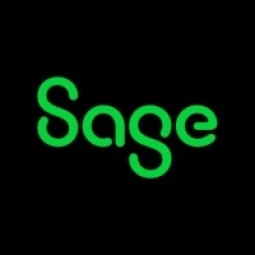下载PDF
Sage 100 ERP—the Only Answer for Yamada America
技术
- 功能应用 - 企业资源规划系统 (ERP)
- 功能应用 - 库存管理系统
适用功能
- 离散制造
- 物流运输
用例
- 库存管理
- 自动化制造系统
服务
- 系统集成
- 软件设计与工程服务
挑战
Yamada America 是一家日本重型工业泵制造商的美国子公司,该公司正在经历快速增长,连续三年年增长率达到 25-30%。为了应对这种增长,该公司决定在 1998 年从 DOS 版 Sage 100 ERP 转换为基于 Windows 的系统。然而,销售人员承诺的新软件最终却是一个灾难。安装过程耗时超过四个月,扰乱了公司运营的各个方面,包括应付账款、高级合并、总帐和库存。即使在安装之后,系统问题仍然存在,硬件每天都会多次出现故障,电脑屏幕也会死机。情况非常糟糕,两名员工因电脑问题导致加班过多而辞职。
关于客户
Yamada America 是日本重型工业泵制造商 Yamada Corporation 的美国子公司。该公司成立于 1986 年,销售 4,000 种不同的产品和 16,000 种产品零件。其客户包括摩托罗拉、英特尔和杜邦等大公司。该公司一直经历快速增长,连续三年年增长率达到 25-30%。尽管面临挑战,该公司仍成功扩张,目前拥有 40,000 平方英尺的办公室和仓库。该公司在美国拥有三个办事处,拥有 25 名员工
解决方案
在使用新软件时遭遇了灾难性体验后,Yamada America 决定重新使用 Sage 100 ERP。事实证明,Sage 100 ERP 库存管理模块在管理公司的产品流方面发挥了不可估量的作用。采购订单模块通过计算需要订购多少零件才能保持每件产品有库存以及提供有用的产品周转和重新订购报告,简化了库存控制。数据从未输入过两次。输入销售订单后,Sage 100 ERP 会自动从库存中移除零件,在仓库中打印订单,并将结果输入到采购订单、发票和装运中。该系统还提供了有关销售、利润、账龄和库存的综合报告,所有这些报告都可以在一个屏幕上查看。公司无需自定义任何报告,因为 Sage 100 ERP 提供了所需的所有标准报告。
运营影响
数量效益
相关案例.

Case Study
Plastic Spoons Case study: Injection Moulding
In order to meet customer expectations by supplying a wide variety of packaging units, from 36 to 1000 spoons per package, a new production and packaging line needed to be built. DeSter wanted to achieve higher production capacity, lower cycle time and a high degree of operator friendliness with this new production line.

Case Study
Robot Saves Money and Time for US Custom Molding Company
Injection Technology (Itech) is a custom molder for a variety of clients that require precision plastic parts for such products as electric meter covers, dental appliance cases and spools. With 95 employees operating 23 molding machines in a 30,000 square foot plant, Itech wanted to reduce man hours and increase efficiency.

Case Study
Fully Automated Visual Inspection System
Tofflon has developed a fully automatic machine that uses light to inspect vials, medicine bottles, or infusion containers for glass fragments, aluminum particles, rubber grains, hairs, fibers, or other contaminants. It also detects damaged containers with cracks or inclusions (microscopic imperfections), automatically removing faulty or contaminated products. In order to cover all production processes for freeze-dried pharmaceuticals, Tofflon needed to create an open, consistent, and module-based automation concept.

Case Study
Hospital Inventory Management
The hospital supply chain team is responsible for ensuring that the right medical supplies are readily available to clinicians when and where needed, and to do so in the most efficient manner possible. However, many of the systems and processes in use at the cancer center for supply chain management were not best suited to support these goals. Barcoding technology, a commonly used method for inventory management of medical supplies, is labor intensive, time consuming, does not provide real-time visibility into inventory levels and can be prone to error. Consequently, the lack of accurate and real-time visibility into inventory levels across multiple supply rooms in multiple hospital facilities creates additional inefficiency in the system causing over-ordering, hoarding, and wasted supplies. Other sources of waste and cost were also identified as candidates for improvement. Existing systems and processes did not provide adequate security for high-cost inventory within the hospital, which was another driver of cost. A lack of visibility into expiration dates for supplies resulted in supplies being wasted due to past expiry dates. Storage of supplies was also a key consideration given the location of the cancer center’s facilities in a dense urban setting, where space is always at a premium. In order to address the challenges outlined above, the hospital sought a solution that would provide real-time inventory information with high levels of accuracy, reduce the level of manual effort required and enable data driven decision making to ensure that the right supplies were readily available to clinicians in the right location at the right time.

Case Study
SAP Leonardo Enabling Rocket Science
At times, ULA has as many as 15 different operating systems dedicated to overlapping processes, such as rocket design, testing, and launch. Multiple systems created unnecessary costs and unwanted confusion among workers at offices, factories, and launch sites in different location. In order to improve collaboration and transparency during vital activities that directly influence mission success, ULA wanted to improve data sharing and streamline manufacturing processes.






